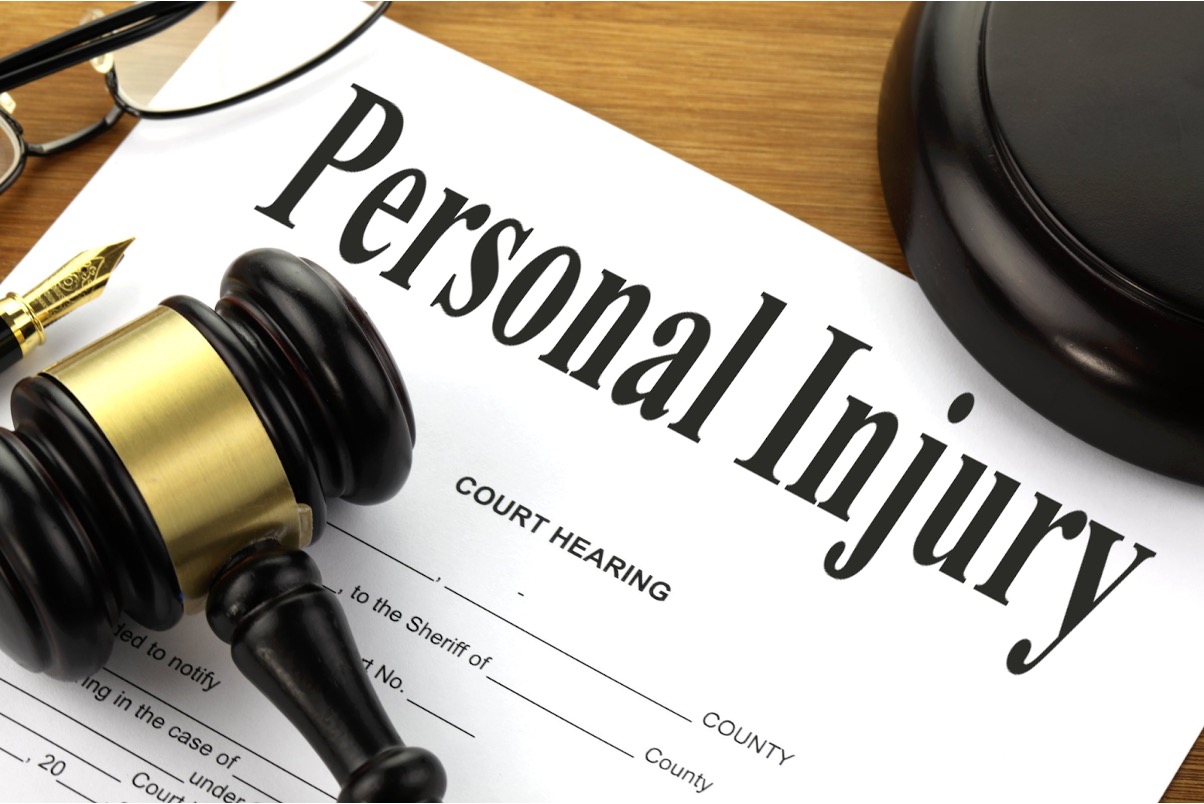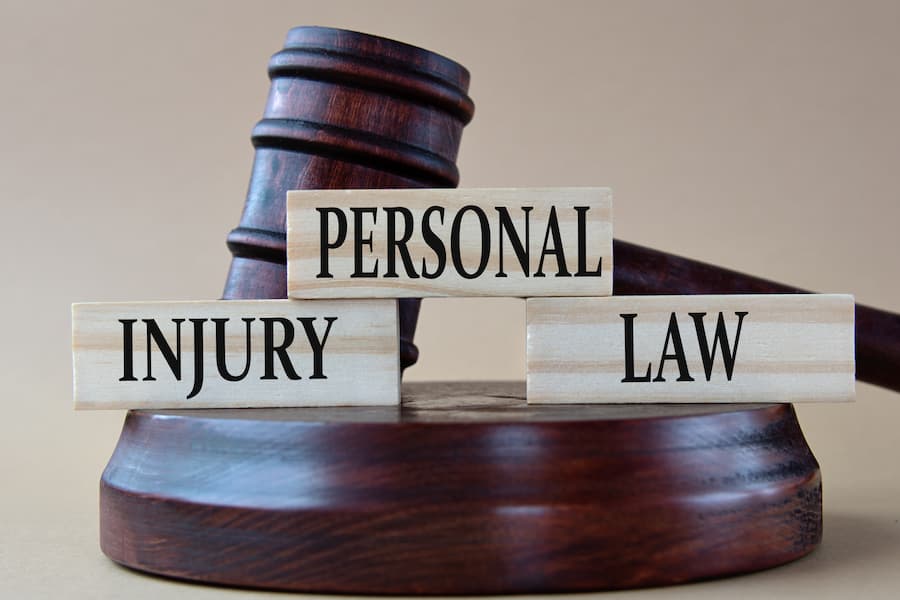A catastrophic injury, as implied by name, is a severe injury to the spine, spinal cord, or brain, and may also include skull or spinal fractures. In most cases, these kinds of injuries result in long-term or permanent damage, typically affecting an individual’s mobility, cognition, or both. Such injuries claim not only the physical health but also impact emotional stability and financial soundness of an individual or a family.
The financial challenges associated with catastrophic injuries are monumental. Alongside immediate medical costs including fees for hospitalization, surgeries, and medication, additional long-term costs often surface in the form of continuing therapy, medication, and follow-up check-ups. These injuries might also necessitate vehicle or home modifications and procurement of special equipment or medical aids.
These requirements, in combination with the potential loss of income due to the inability to work, can lead to a substantial financial burden. This makes it imperative to understand and strategize efficient financial management after suffering from catastrophic injuries.
The Cost of Catastrophic Injuries
The aftermath of a catastrophic injury often involves hefty medical expenses. Immediate medical costs include emergency services, hospitalization, surgeries, and essential medications. However, this is just the tip of the iceberg. An injured person often requires long-term, continuous care even after being discharged from the hospital.
This long-term care usually involves medical services like physical therapy, occupational therapy, routine check-ups, and prolonged medications. It is easy to underestimate these costs initially but they are an inevitable part of the process towards recovery and rehabilitation.
A catastrophic injury often entails a loss of income due to permanent disability or a temporary inability to work. This loss of income puts an added financial strain on an already challenging circumstance. Lifestyle adjustments such as home modifications to accommodate mobility aids and the procurement of special equipment can represent additional costs.
These necessary adjustments enhance the quality of life but they come at a significant cost. It’s important to understand these costs as early as possible. Hiring a competent personal injury lawyer can be beneficial as they are familiar with the true extent of these costs, and can guide you on how to claim the appropriate compensation.
Government Assistance and Insurance

Insurance can serve as a financial safety net in the face of catastrophic injuries. A detailed insurance policy can offset a large portion of the medical, rehabilitation, and other associated costs that come with such injuries. Some policies provide income replacement, which can be a lifeline, particularly when the victim is the primary earner in the family.
Government assistance programs are designed to provide aid to people who have experienced catastrophic injuries. These programs vary significantly and may be focused on areas such as healthcare and medical costs, disability benefits, and even housing modifications. Understanding these programs can be complex, but a thorough knowledge of what’s available can result in substantial financial support. To enjoy the benefits of your insurance or a government assistance program, you need to know the process of filing a claim or an application. This often involves providing necessary documentation as proof of your accident and the resulting injury, along with other pertinent details. Seeking advice from experts or those experienced in these areas can be highly beneficial in ensuring that this process is completed accurately and promptly
Legal Actions for Compensation
A skilled lawyer can guide through the convolutions of liability, help identify potential sources of compensation, and advocate on behalf of the injured party against insurance companies and in court. Legal advice ensures that you understand your rights, obligations, and the most strategic moves in such trying circumstances.
Filing for accident compensation is a multi-tiered process that begins with gathering detailed evidence. This includes medical records, witness testimonies, and anything else that might add substance to your claim. The next step is hiring a personal injury lawyer. Having someone with professional expertise in handling such claims can make a significant difference in the outcome of the case.
Finally, it is important to understand the litigation process as it can be lengthy and complex. A keen understanding will help maintain realistic expectations and patience during this process. The amount of compensation one can receive is ostensibly contingent on the specific circumstances surrounding the injury. It may cover medical expenses, lost income, and non-economic damages such as pain and suffering.
Financial Planning After Catastrophic Injuries

Post-catastrophic injury, strategic financial planning becomes indispensable. Accurate budgeting is the basis of this planning; it requires listing all potential costs including medical expenses, living costs, and the necessary modifications required for the new lifestyle post-injury. Thorough financial planning allows you to visualize how money will be spent, manage resources more efficiently, and better cope with economic stress. Spending habits may need to be altered, and unnecessary expenses may need to be slashed to stretch resources further.
Avenues of Financial Assistance

Charities and trust funds often have programs in place designed specifically for individuals who have suffered catastrophic injuries, these can provide significant support. Additionally, there may be options for generating income even after the injury. For instance, depending on the nature of the injury and one’s pre-injury skill set, remote or part-time work may be possible. Vocational rehab programs can provide training for new job skills compatible with an individual’s post-injury abilities, opening new doors for income. Careful financial planning, combined with a willingness to adapt and utilize available resources, can lead the path toward financial stability post-injury.
Managing the financial implications of a catastrophic injury can seem overwhelming, but it’s important to remember that support and resources are available. Effective financial planning, coupled with the utilization of insurance, government aid, legal compensation, and other financial assistance can help ease the burden. With a positive mindset, strategic planning, and the right guidance, one can become resilient, achieve financial stability, and create a facilitative environment for healing and recovery.




